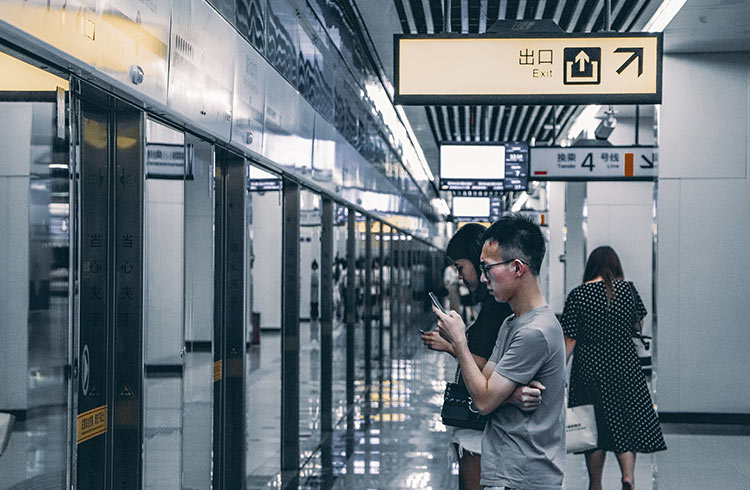Using a Phone in China: A Guide to Staying Connected
Josh Summers shares his tips on using a VPN, accessing social media and how to use your smartphone while traveling around China.
 Photo © Unsplash photo by 偉宗 勞
Photo © Unsplash photo by 偉宗 勞
- Staying Connected in China
- How to Get Connected
- Using Social Media
- Censorship in China
- Are VPNs Legal to Use in China?
Staying Connected in China
For many of us, our smartphones have become the most important travel tool we carry with us. Aside from the normal functions of making calls, texting and emailing, our phones are also guide books, translators, boarding passes, entertainment hubs and means of keeping up with our social networks while traveling.
Of course, all of this is only possible with access to the internet. Thankfully, China is covered by many Wi-Fi hotspots, and is also one of the best cellular networks in the world. However, to access this network, you need a Chinese phone number to receive a log-in code via a text message. So, the key to getting a good connection in China is to plan ahead.
How to Get Connected
There are two options for staying connected in China.
Option one: use international roaming on your existing plan. However, this won’t get you a Chinese phone number, and is an expensive way to travel. International roaming fees include a daily connection fee and a set cost per minute, text or data package.
Option two: buy a local pre-paid Chinese SIM card. The only catch is that they require an unlocked mobile phone to use. Chinese SIM cards can be found at some major international airports and they can also be purchased online and activated prior to departure.

Using Social Media
Throughout China, the WeChat app has become the primary way to connect with friends and family. You can create your own account to interact with new friends you make on the road, but you won’t be able to use the convenient mobile payment functionality without also having a Chinese bank account.
You won’t find too many Chinese people using Facebook, Instagram, or other familiar social media platforms because of, well… censorship.
Censorship in China
China is known for the way it heavily censors what its people can view online, earning its internet the tongue-in-cheek nickname “The Great Firewall of China.” Almost every major social media platform is off limits to the Chinese public as well as video streaming services, including YouTube, Vimeo, etc, international news media (BBC, The New York Times, etc.) and messaging apps (WhatsApp, Facebook Messenger, Skype, etc.).
The solution, as most long-term expats in China know well, is a software known as a Virtual Private Network (VPN). By securely connecting to a computer server outside of China, a VPN allows anyone access to the internet free from China’s censorship.
There are numerous free and premium VPN solutions available for travelers, but you must set this up before arriving in China. VPN websites are blocked in China, making it hard to configure from inside the country.
Are VPNs Legal to Use in China?
The answer is a bit tricky. China’s censorship is aimed at local citizens, not travelers, so historically the government has completely ignored the use of VPN software among travelers and expats.
However, past trends don’t guarantee future behavior, so you must weigh the risk of being caught against your need to stay connected.

Simple and flexible travel insurance
You can buy at home or while traveling, and claim online from anywhere in the world. With 150+ adventure activities covered and 24/7 emergency assistance.
Get a quote
No Comments